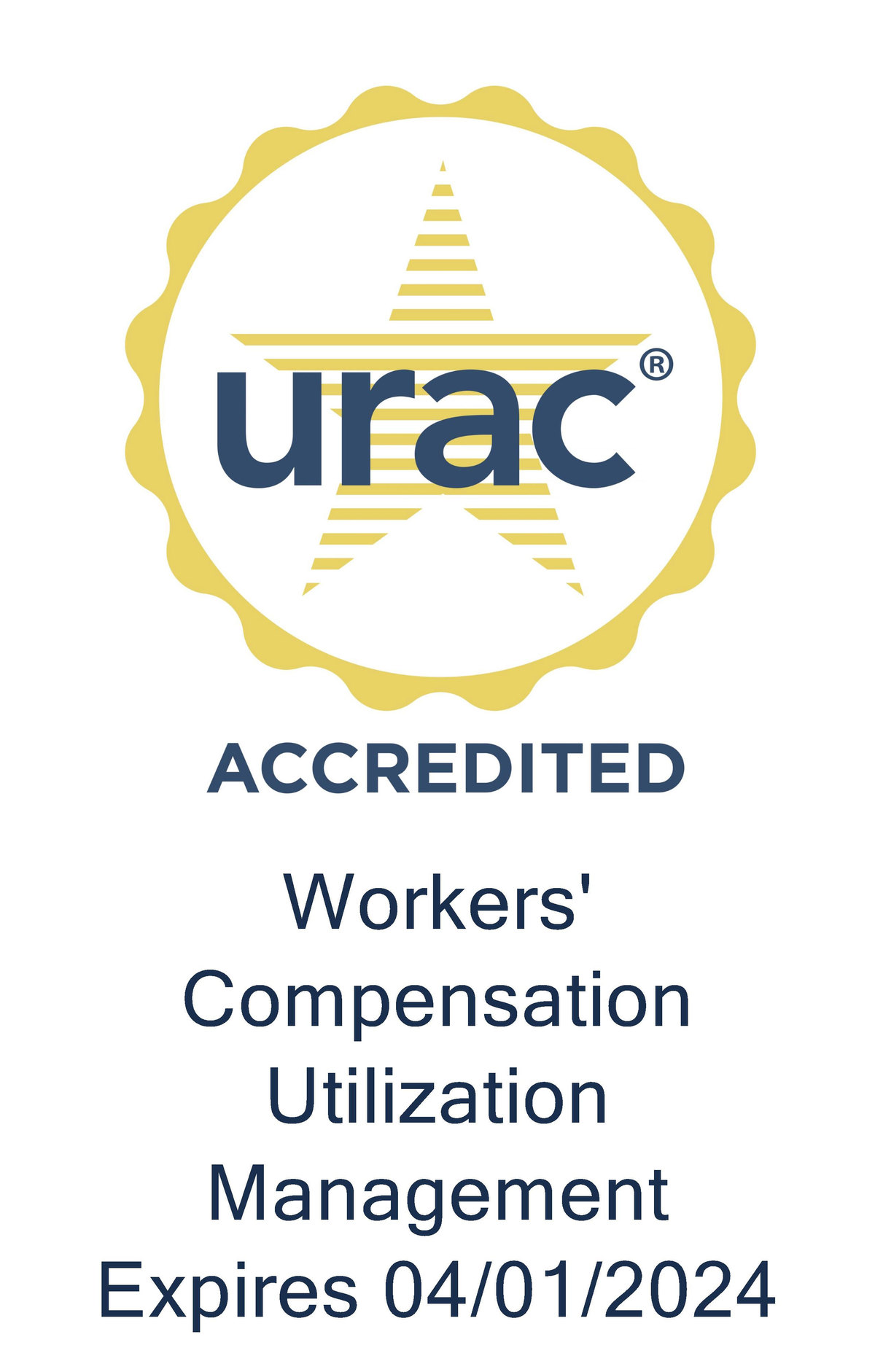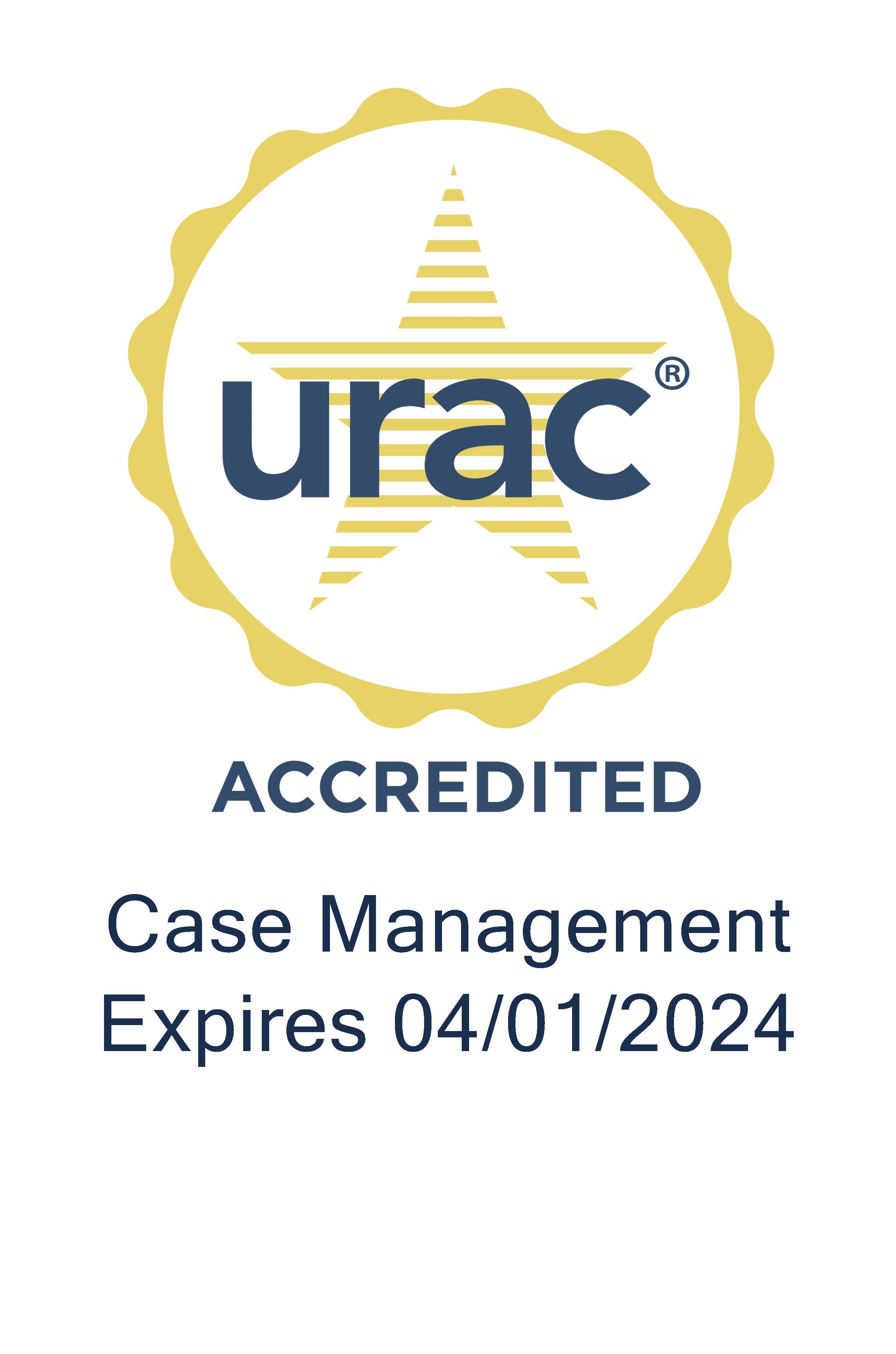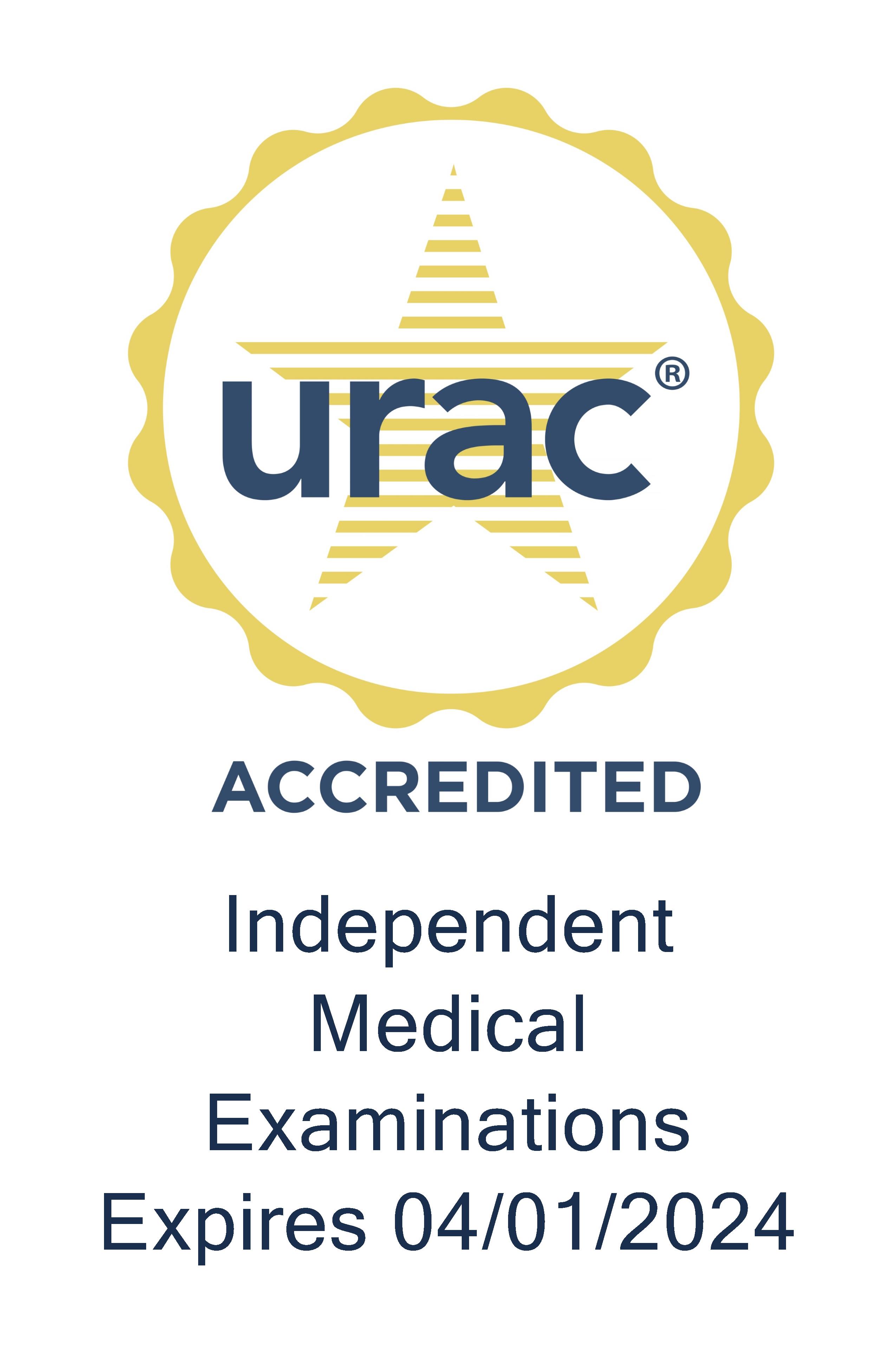Genex Case Managers' Survey Delivers Strategies to Avoid Claim Pitfalls
Communication issues cause of most problems in setting course of case, experts say
April 28, 2015—Wayne, Pa.—Getting injured workers back to the job in a timely and efficient manner while controlling workers' comp claims costs is a daily conundrum for employers and insurers.
For this reason, Genex Services, the nation's largest provider of workers' compensation clinical services, recently interviewed more than 200 of its expert case managers to identify the common claims pitfalls they avoid and how they use their experience and knowledge to keep claims on track.
"Surveying our case managers gives us an opportunity to share with our own staff as well as customers timely advice from the field on how we can all work together to improve claims resolution," said Tim Howard, senior vice president of field case management services at Genex. "The survey questions were open-ended in nature to allow the case managers to effectively respond by offering their insights, strategies and expertise."
With so many players and processes involved, Genex case managers identified several ways a claim can go wrong without proper management. However, a few stood out as the leading risks. Here are some of the top pitfalls and summary responses on how to avoid them.
Miscommunication
It seems simple to avoid this pitfall, but with so many parties involved in a case (worker, employer, physician, adjuster, providers, etc.) lack of coordinated communication can cause major issues in a workers' comp case.
Expert Advice
Open communication is essential to quality case management. Case managers should aggressively seek out communication with all parties and make their cell phone available there are any questions. It may also be prudent to schedule an onsite, roundtable meeting with all parties to discuss the injured worker's RTW plan, and address any restrictions and questions.
Lack of Modified or Light Duty Options
Whether real or misunderstood, the lack of modified duty or light duty options is a common challenge that case managers often face. Employers may state that a return to light duty isn't an option or they might be unwilling to accommodate an injured worker. Often the lack of modified duty options is brought on by misunderstandings of what it entails. And, if the injured employee believes modified duty isn't an option, it's likely that his treating physician or provider will be unwilling to return the injured worker back to work until he or she is fully functional.
Expert Advice
Modified and light duty options play a significant role in helping an injured worker reintegrate back into the workplace both physically and mentally during the rehabilitation process. Communication on the case manager's part is key to getting all parties on board. The most important player is the employer, according to Genex case managers. The case manager should promote the injured worker's current abilities and creatively work with the employer to develop modified job roles to facilitate reintegration. The case manager can also suggest a job analysis and graded reentry to RTW (shorter workday intervals) or put adaptive equipment in place to help the worker get back on the job sooner.
Patient Noncompliance
Another potential RTW pitfall involves the injured worker's refusal to keep up with the treatment protocol. Lack of motivation, fear of reinjury, and not being forthcoming about one's abilities, extent of injury or job responsibilities, are all red flags that the case manager should monitor.
Expert Advice
The best approach to keep the injured worker engaged and the treatment protocol on track, according to Genex case managers, is to develop a trusting and positive relationship with the worker early in the claim process. If the worker sees the CM as an advocate rather than an adversary, he or she is more likely to be receptive to following the treatment plan. Also, by educating the patient on the return-to-work process, case managers can empower the injured worker to become a more active participant in his recovery.
Inconsistencies
Survey respondents said the “too many cooks†trap can often lead to delays if the injured worker is treated by multiple providers who may not be working in conjunction with each other or following the RTW guidelines. Inconsistencies in job descriptions can also set the injured worker up for failure.
Expert Advice
The first step is to develop a consistent and accurate description of the injured worker's job responsibilities. Work responsibilities should include input from both the employer and the employee. Proactive case managers should communicate with the treating physician to agree on the patient's work duties and have the physician and employer sign off on them. The case manager should also address/discuss with claimant and provider appropriate home exercises, specific job duties, proper body mechanics, to prepare claimant for job re-entry.
Lack of Workers' Comp Education
Case managers can run into problems when injured workers, physicians or providers are unfamiliar with their state's rules and regulations or the most effective return-to-work guidelines. This can cause the patient to guide the protocol rather than the health care professional.
Expert Advice
"If you're not familiar with the workers' comp system it can be frustrating for a physician or provider," said one case manager. "It's important for me to serve as a resource for physicians, providers and staff to help them understand our goals."
"The good news is, when managed correctly, many of the harrowing hazards that can stymie a workers' comp claim are often easily identifiable and can be managed or avoided if detected early enough," said Howard. "Knowledgeable case management professionals with extensive training in workers' compensation regulations and return-to-work strategies can help guide an injured worker safely back to work, and allow employers to realize quality cost-effective outcomes."
***
About Genex Services, LLC
Genex Services (www.genexservices.com) is the trusted provider of workers' compensation clinical services that enables industry payers and risk managers to improve their bottom lines. Genex is the most experienced managed care provider in the industry, with more than 2,500 employees and 47 service locations throughout North America. The company serves 381 Fortune 500 companies in the U.S. In addition, Genex is the only company that delivers high quality clinical services enhanced by intelligent systems and 360-degree data analysis to achieve consistently superior results related to medical, wage loss, and productivity costs associated with claims in the workers' compensation, disability, automobile, and health care systems.





